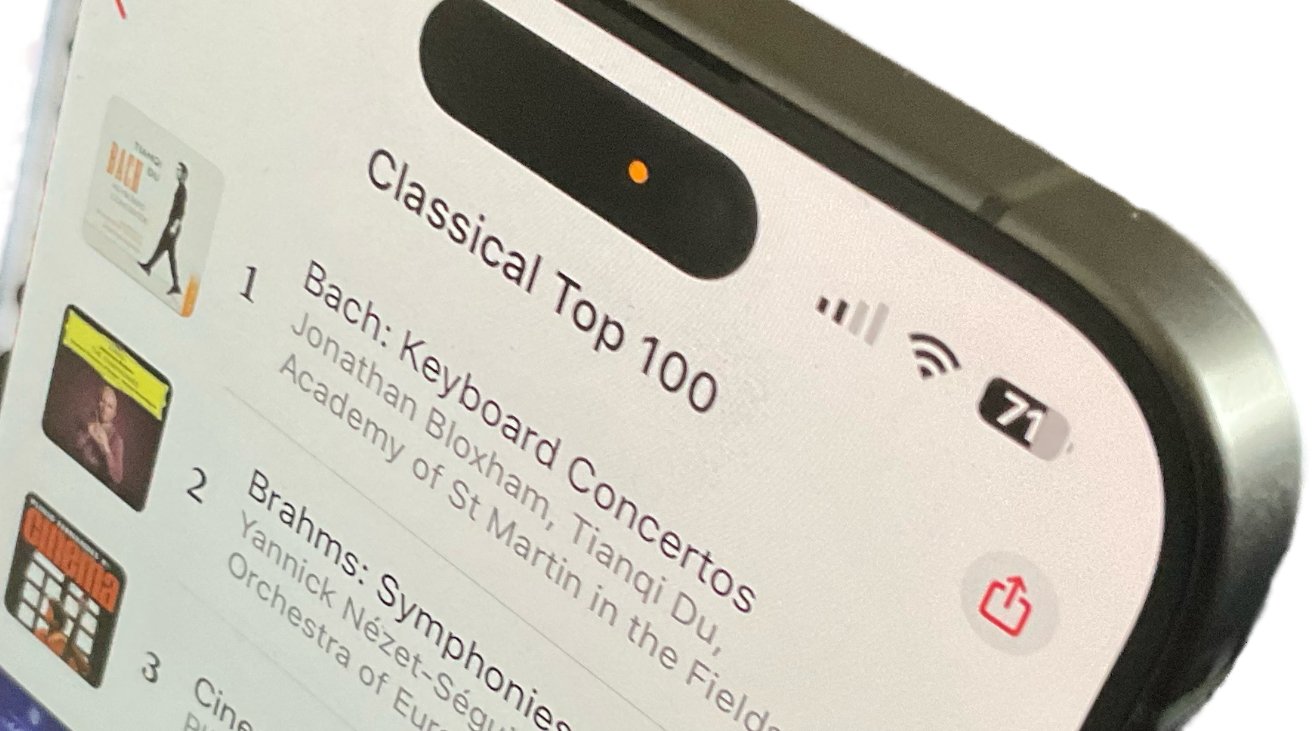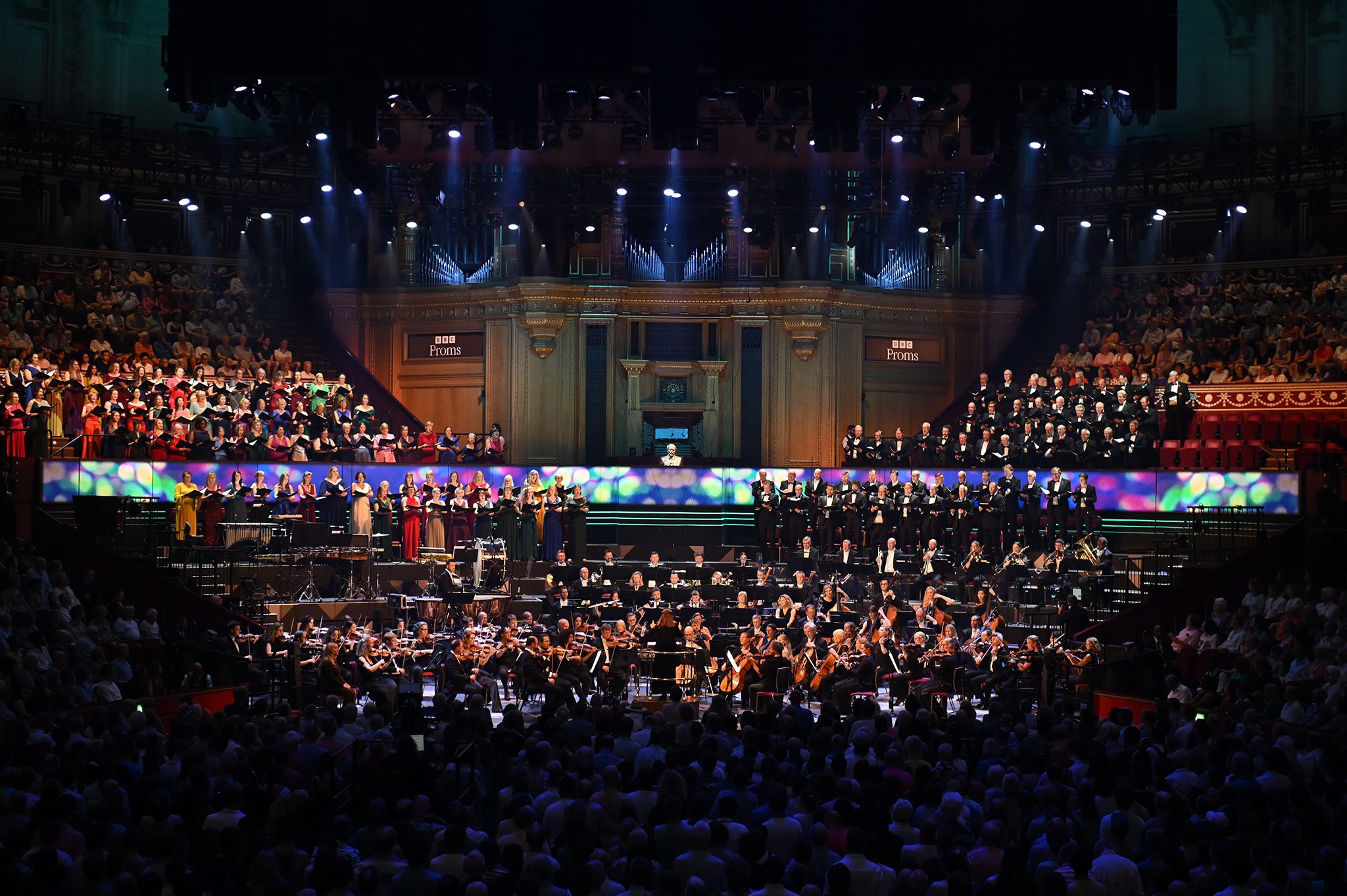I can’t take credit for the title – that was a line from Stephen Fry during last night’s touching first live Prom concert in the 2020 season. A fitting evening with poignant music choices and a satisfyingly pared-back presentation style too.
Radio deftly highlighted the impact that the COVID measures were having on live performance with an explicit reference from conductor Sakari Oramo and a delightful implicit one from the orchestra when, in between movements of the Beethoven symphony, silence exposing the sound of players turning the pages of their music.
On TV there was a solid pace, natural to and fro, and some much-appreciated advocacy from Stephen Fry. The simplicity of content meant the core implicit messages were clearer to make out: when something (live music in its broadest sense) is under threat, its value to us as individuals needs to be emphasised.
Ironically, there was a sense that the Prom concert denied a physical audience dramatically improved proceedings, possibly because it was a far more controlled environment. There was, as a result, a sense of occasion about the first live Prom concert, our eyes falling on the unoccupied spaces marked out by lines of lights. We had a sense of the distance that still needs to be travelled yet.
The central point illustrated both by Fry on TV and in the programming was the way in which a classical music programme can speak to a shared experience, or prompt thoughts around that experience. In this case: a new work inspired by questions around identity, by composer Hannah Kennedy, a piece about sleep, music that evokes memories or perceptions of lockdown (Copland’s A Quiet City), and Beethoven’s Eroica – a work I’ve always seen as a powerful statement of hope for the future.
It all got a little too much during the Copland. A Quiet City seemed like an apt choice, and as Stephen Fry later pointed out, made for a more heightened experience because of the thoughts and feelings those of us watching and listening brought to the experience. Not everyone, obviously. How could we all be thinking and feeling the same thing? How would we ever know? But this was a music choice that was perhaps helped bring people together in a shared, albeit it remote, experience. Something to coalesce around. Trumpeter Phil Cobb’s vibrato gave things a unsettling sense of vulnerability; Cor Anglais player Alison Teale’s rich warm tone added strength and a sense of hope.

What went before the Copland – the BBC Singers performing Eric Whitacre’s Sleep (on the day his news work ‘The Sacred Veil ‘ was released on Signum Classics) was a bit of a tear-jerker. Familiar faces spaced two and a half metres apart in the stalls of the Royal Albert Hall. The sight – like that of a chamber orchestra on stage for the Beethoven later in the concert – seemed a little too much bear. Forgive the pun, there was a dissonance – a jolt with how we expect a group of people to stand. Challenging no doubt, but done anyway so that the music can live because determination insists upon it.

The Beethoven was a fascinating listen. It was apparent from the beginning that distance between players themselves and conductor Sakari Oramo was probably going to dictate a cautious approach to speeds and dynamic contrasts (though its worth qualifying here that I’ve been listening to Les Concerts Des Nations brilliantly gritty and rip-roaringly fast recording of Beethoven 3 over the past few weeks). During the first movement I wasn’t sure whether this sense of cautiousness worked. But the same cautiousness seemed to help expose the intricacies and complexities in the work, highlighting one aspect of the symphony’s revolutionary status.
Three quarters of the way through the second movement where the march pivots on rocking chords in the upper strings that appear to slow to a near-stop, I was bought-in. This was a gentle conclusion. A pause. But not an end.
It could have been exuberant from here until the end, but somehow it not being so seemed right given the moment. Live performance might be partially back, but its at a point when the fragility of the ecosystem needs to be highlighted. There needs to be determination and strength, but it doesn’t feel right to celebrate, not yet. Not by any means.
At the end of the concert unexpected applause broke out from the orchestra themselves – applause for soloists Alison Teale and Phil Cobb and, presumably for one another. Deserved undoubtedly, but also a moment that broke the tension of the night. And on radio we learned how having arrived on stage two-by-two, the BBC Symphony Orchestra would now leave two-by-two. “It’s going to be some time before the stage is empty,” explained presenter Petroc Trelawny.



